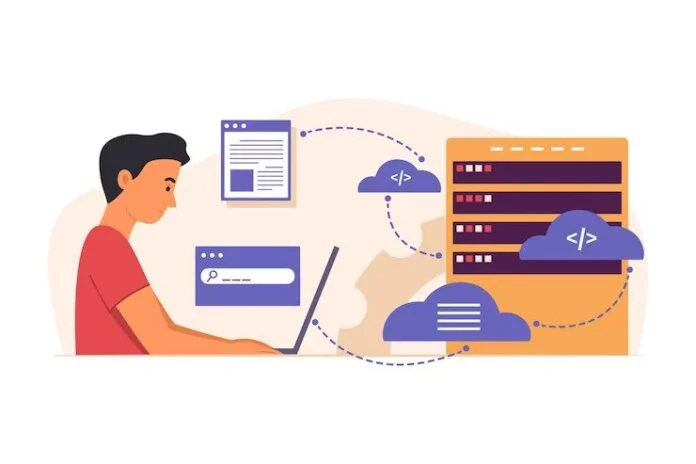Introduction
In today’s rapidly evolving technological landscape, businesses face constant challenges in managing their data and applications efficiently. The emergence of Backend-as-a-Service (BaaS) platform has revolutionized how businesses handle backend operations. BaaS platform offer a suite of services and capabilities that enable developers to focus on building innovative front-end experiences without worrying about managing server infrastructure or complex backend systems. In this comprehensive guide, we will explore what BaaS platform are, how they work, and the key services and capabilities they provide to businesses.
Understanding BaaS Platform
BaaS, also known as “Mobile Backend as a Service” (MBaaS), is a cloud-based solution that acts as a middleware between the frontend of an application and the backend infrastructure. It provides developers with a set of pre-built, scalable, and managed services that streamline backend operations, data storage, user authentication, and more. BaaS platform are designed to cater to various development needs, whether for web, mobile, or IoT applications.
How does the BaaS platform Work?
BaaS platform function as a bridge between the frontend and backend of an application. When a user interacts with an application’s frontend, the BaaS platform handles all the backend operations necessary to fulfill the user’s request. This includes processing data, accessing databases, and performing user authentication. Developers can integrate BaaS APIs into their applications, making it easy to access the platform’s services and capabilities seamlessly.
Key Services and Capabilities of BaaS platform
Data Storage
One of the fundamental services provided by BaaS platform is data storage. These platform offer scalable databases that store and manage application data securely. Developers can choose from various database options, such as NoSQL and SQL databases, depending on their specific requirements. BaaS platform also handle data backups, ensuring data integrity and disaster recovery.
User Authentication and Authorization
BaaS platform offer robust user authentication and authorization services, simplifying the process of managing user identities and permissions. This allows developers to implement secure login systems and control access to specific features or data within the application.
Cloud Functions
Cloud functions are essential components of the BaaS platform that allow developers to execute server-side code without managing server infrastructure. This serverless architecture enables rapid development, automatic scaling, and cost-efficiency.
File Storage and CDN
BaaS platform often include file storage services to handle the uploading, storing, and serving of media files, documents, and other content. Additionally, many BaaS providers leverage Content Delivery Networks (CDNs) to ensure fast and reliable delivery of files to users worldwide.
Push Notifications
For mobile applications, push notifications are crucial for engaging users and keeping them informed about updates or events. BaaS platform often offer push notification services that enable developers to send real-time messages to users across different devices.
Analytics and Monitoring
BaaS platform provide analytics and monitoring tools to help developers gain insights into application performance, user behavior, and resource utilization. These insights assist businesses in making informed decisions and optimizing their applications for better user experiences.
Advantages of Using BaaS platform
Accelerated Development
By leveraging the BaaS platform, developers can significantly reduce development time, as they no longer need to build complex backend infrastructure from scratch. This accelerates the development process and allows businesses to bring their applications to market faster.
Scalability and Flexibility
BaaS platform offer scalable solutions that adapt to the changing needs of the application and its user base. As the number of users and data grows, the platform can effortlessly scale resources to ensure optimal performance.
Cost-Effectiveness
Using BaaS platform eliminates the need for businesses to invest in and maintain their own server infrastructure. This cost-effective approach allows businesses to focus their resources on other critical areas.
Focus on Innovation
By offloading backend management to BaaS platform, developers can concentrate on creating innovative front-end experiences, enhancing the overall quality of the application.
Conclusion
In conclusion, BaaS platform have revolutionized the way businesses approach backend operations and application development. By providing a comprehensive set of services and capabilities, BaaS platform enable developers to create robust, scalable, and secure applications without the burden of managing complex backend infrastructure. As technology continues to advance, BaaS platform will undoubtedly play a pivotal role in shaping the future of software development and empowering businesses to thrive in a competitive digital landscape.

